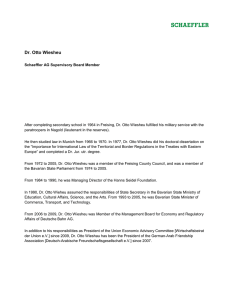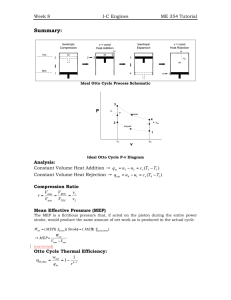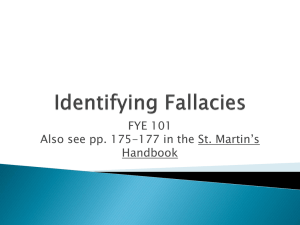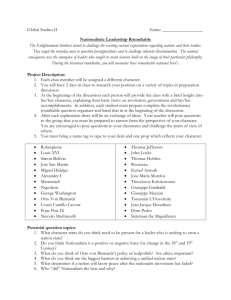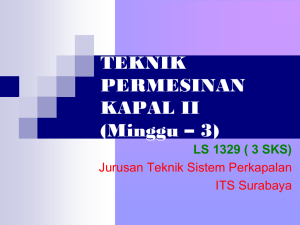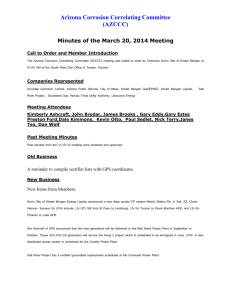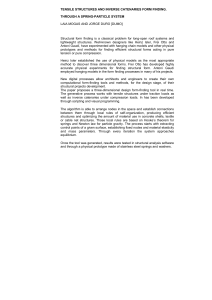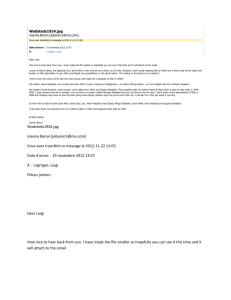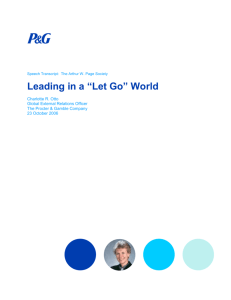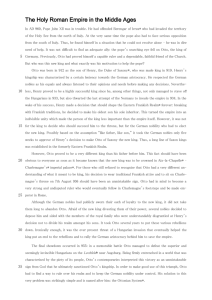Otto Knows Biography
advertisement
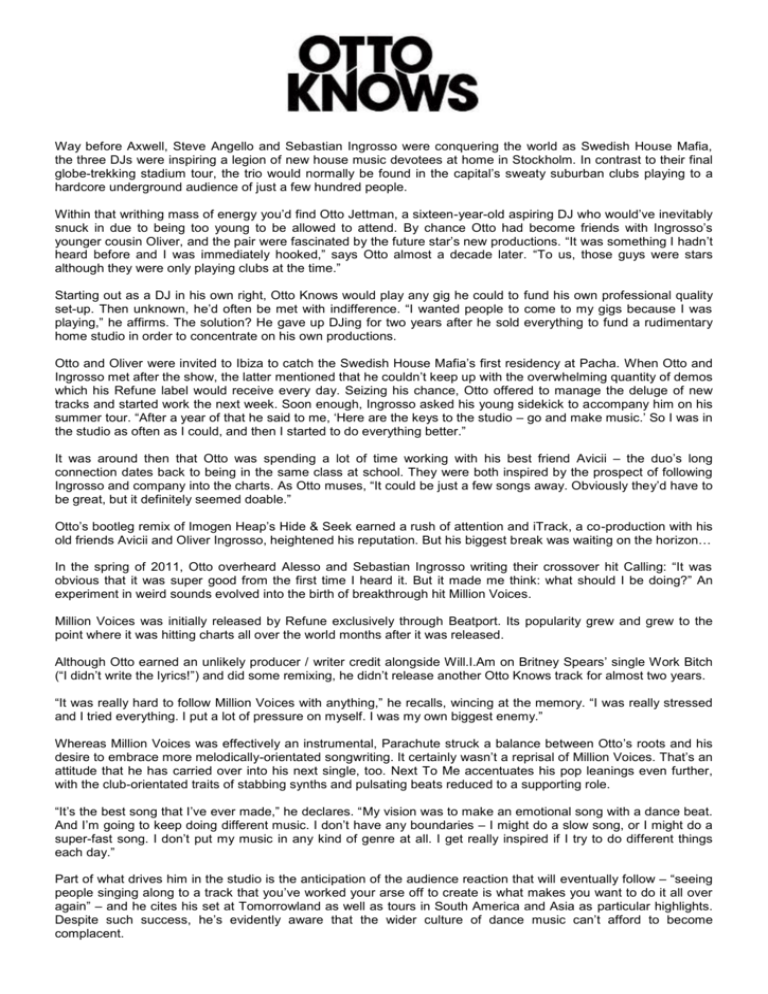
Way before Axwell, Steve Angello and Sebastian Ingrosso were conquering the world as Swedish House Mafia, the three DJs were inspiring a legion of new house music devotees at home in Stockholm. In contrast to their final globe-trekking stadium tour, the trio would normally be found in the capital’s sweaty suburban clubs playing to a hardcore underground audience of just a few hundred people. Within that writhing mass of energy you’d find Otto Jettman, a sixteen-year-old aspiring DJ who would’ve inevitably snuck in due to being too young to be allowed to attend. By chance Otto had become friends with Ingrosso’s younger cousin Oliver, and the pair were fascinated by the future star’s new productions. “It was something I hadn’t heard before and I was immediately hooked,” says Otto almost a decade later. “To us, those guys were stars although they were only playing clubs at the time.” Starting out as a DJ in his own right, Otto Knows would play any gig he could to fund his own professional quality set-up. Then unknown, he’d often be met with indifference. “I wanted people to come to my gigs because I was playing,” he affirms. The solution? He gave up DJing for two years after he sold everything to fund a rudimentary home studio in order to concentrate on his own productions. Otto and Oliver were invited to Ibiza to catch the Swedish House Mafia’s first residency at Pacha. When Otto and Ingrosso met after the show, the latter mentioned that he couldn’t keep up with the overwhelming quantity of demos which his Refune label would receive every day. Seizing his chance, Otto offered to manage the deluge of new tracks and started work the next week. Soon enough, Ingrosso asked his young sidekick to accompany him on his summer tour. “After a year of that he said to me, ‘Here are the keys to the studio – go and make music.’ So I was in the studio as often as I could, and then I started to do everything better.” It was around then that Otto was spending a lot of time working with his best friend Avicii – the duo’s long connection dates back to being in the same class at school. They were both inspired by the prospect of following Ingrosso and company into the charts. As Otto muses, “It could be just a few songs away. Obviously they’d have to be great, but it definitely seemed doable.” Otto’s bootleg remix of Imogen Heap’s Hide & Seek earned a rush of attention and iTrack, a co-production with his old friends Avicii and Oliver Ingrosso, heightened his reputation. But his biggest break was waiting on the horizon… In the spring of 2011, Otto overheard Alesso and Sebastian Ingrosso writing their crossover hit Calling: “It was obvious that it was super good from the first time I heard it. But it made me think: what should I be doing?” An experiment in weird sounds evolved into the birth of breakthrough hit Million Voices. Million Voices was initially released by Refune exclusively through Beatport. Its popularity grew and grew to the point where it was hitting charts all over the world months after it was released. Although Otto earned an unlikely producer / writer credit alongside Will.I.Am on Britney Spears’ single Work Bitch (“I didn’t write the lyrics!”) and did some remixing, he didn’t release another Otto Knows track for almost two years. “It was really hard to follow Million Voices with anything,” he recalls, wincing at the memory. “I was really stressed and I tried everything. I put a lot of pressure on myself. I was my own biggest enemy.” Whereas Million Voices was effectively an instrumental, Parachute struck a balance between Otto’s roots and his desire to embrace more melodically-orientated songwriting. It certainly wasn’t a reprisal of Million Voices. That’s an attitude that he has carried over into his next single, too. Next To Me accentuates his pop leanings even further, with the club-orientated traits of stabbing synths and pulsating beats reduced to a supporting role. “It’s the best song that I’ve ever made,” he declares. “My vision was to make an emotional song with a dance beat. And I’m going to keep doing different music. I don’t have any boundaries – I might do a slow song, or I might do a super-fast song. I don’t put my music in any kind of genre at all. I get really inspired if I try to do different things each day.” Part of what drives him in the studio is the anticipation of the audience reaction that will eventually follow – “seeing people singing along to a track that you’ve worked your arse off to create is what makes you want to do it all over again” – and he cites his set at Tomorrowland as well as tours in South America and Asia as particular highlights. Despite such success, he’s evidently aware that the wider culture of dance music can’t afford to become complacent. “Today’s EDM doesn’t sound even close to what we listened to back then. That particular scene is still underground. Some people took an influence from that genre and made it more accessible – and it turned out to be really popular around the world. It’s hard for other genres to beat it because of how uplifting it is.” Otto concludes: “But some of the music now I think is made a bit too fast. If you blast out too many records which sound the same, people will get tired of it and look for something else. But I’m not scared of that. I don’t follow trends; I always want to come up with something new.”
